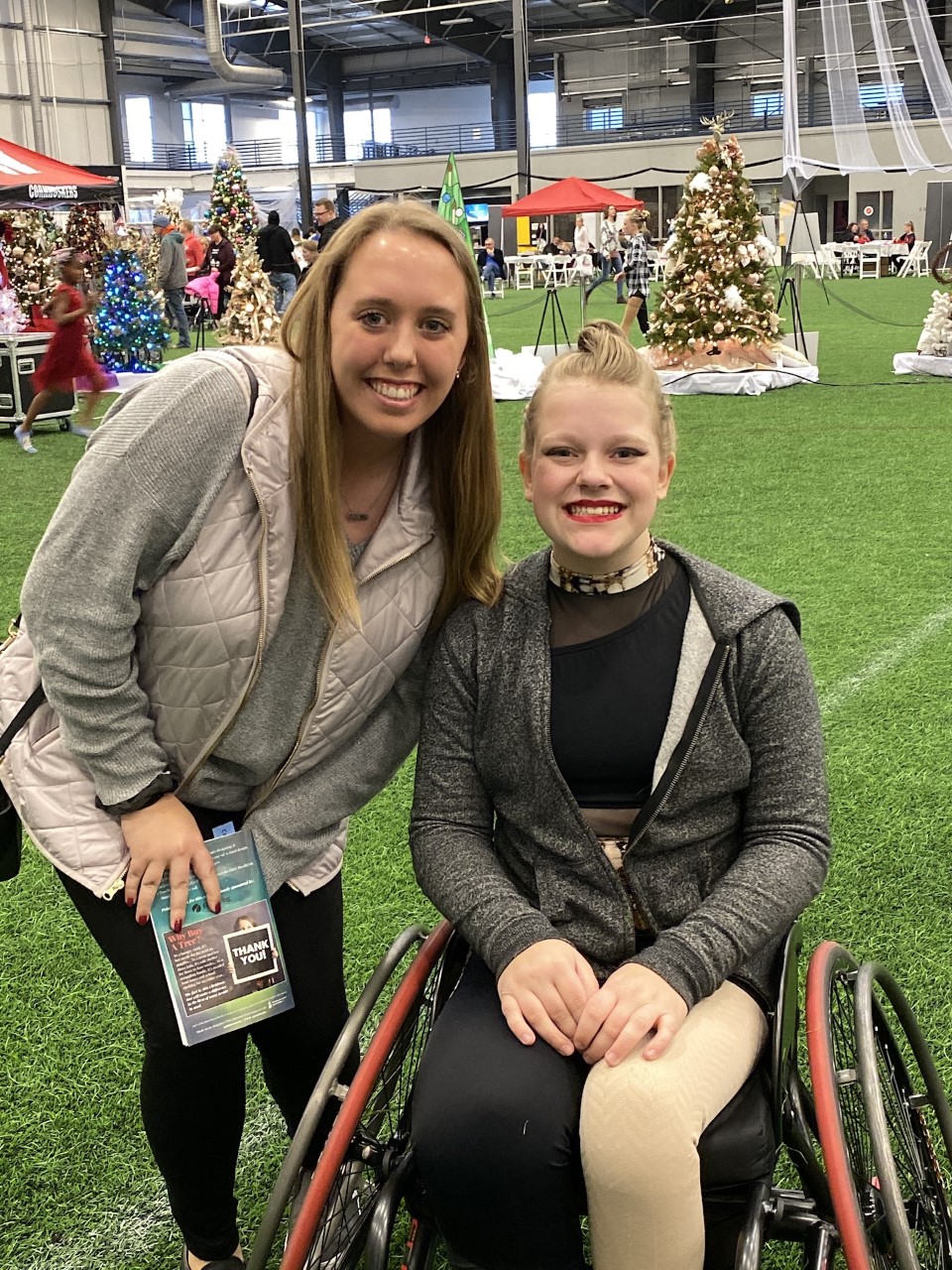
Many Nebraskans are familiar with Donald Clifton, who founded both Gallup and its famous poll, as well as the Clifton StrengthsFinder, which more than 22 million people around the world have used to better understand and harness their skills and talents.
Nebraskans may be less familiar with another Clifton brainchild, the NHRI Leadership Mentoring program.
The program was founded in 1949, after Clifton and William Hall, both pioneers in the field of positive psychology, conducted a study of Husker students who seemed to relate well to others. Clifton and Hall discovered that these students shared a common trait — they all had received encouragement from someone who recognized their skills and pointed them toward opportunities where they could put those skills to use.
Clifton and Hall started a mentoring program that paired those students with K-12 public school students from across the state. That program continues today and has become one of the largest youth leadership development mentorship programs in the country. Thousands of Nebraska elementary, middle school and high school students have received mentoring through the program, and many have gone on to become mentors themselves.
The program is important to both the leadership mentors and mentees, said Lindsay Hastings, research director for the program. So when COVID-19 paused many in-person activities, she and others figured out a way to keep the program going.
“For 70 years, NHRI has been an in-person mentoring program,” Hastings said. “For the first time in 70 years, we had to move leadership mentoring into a digital format. We were unwilling to stop the relationships.”
Ashley McMurchie, a junior from Omaha studying microbiology and Spanish, serves as a leadership mentor to a 16-year-old high school student named Lily.
“NHRI is everything that you would want to be a part of and more,” McMurchie said. “Great community, great people, to be seen as a leader on campus and in the community and create that positive ripple effect.”
Both McMurchie and Lily were glad to be able to continue their mentorship online. The two chat via Facetime each week. Together, they work to hone Lily’s leadership skills to better serve her national wheelchair basketball team and other activities in which she is involved.
To make sure leadership mentor/mentee teams like McMurchie and Lily were able to continue to meet in the midst of a global pandemic, NHRI adjusted its programming materials and mentorship activities to be easily accessible online for all using Canvas. Mentor/mentee pairs were given two challenges per week: one centered on connection and another focused on re-investment to make a new connection, or a deeper connection, with someone.
“NHRI’s Canvas platform provides one-on-one ideas for mentoring pairs by age of the leadership mentee and then by topic area,” said program director Hannah Sunderman. “There are 20 topic areas per age group, of strengths, values, empathy and get-to know-you questions.”
Sunderman said she’s seen many students turning to the Canvas resource to pull ideas, which they then adjust to suit their own relationships.
The result is a unique, effective, online mentorship tool that exists within an already unique program at Nebraska.
“We don’t have a lot of colleagues who do what we do, especially with a leadership mentoring program of our size,” Sunderman said.








